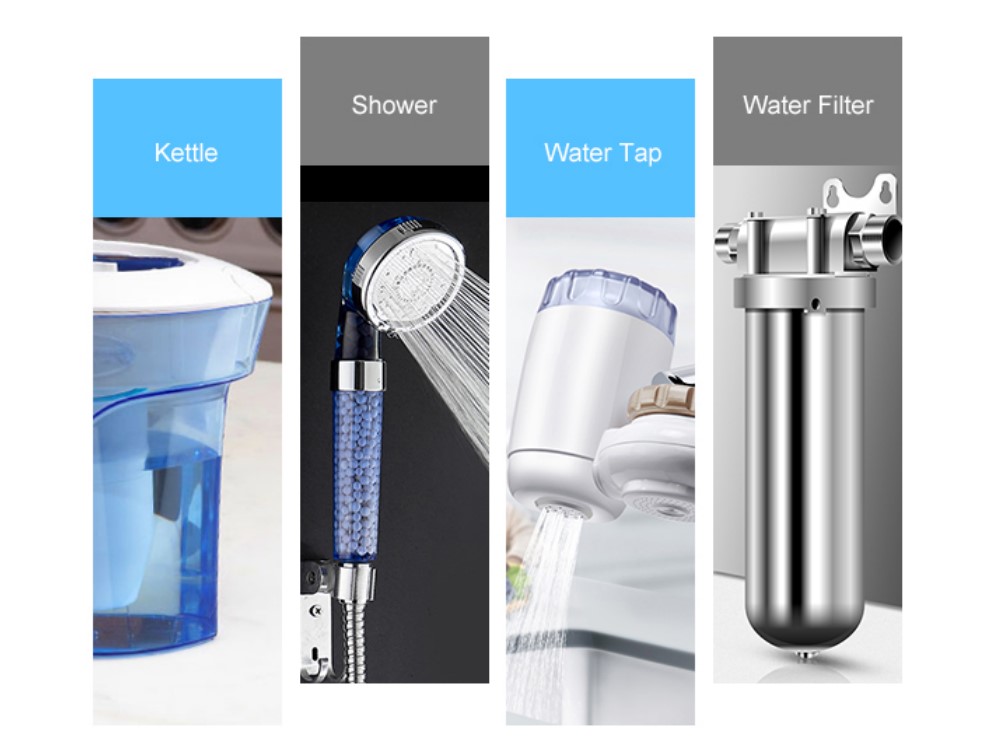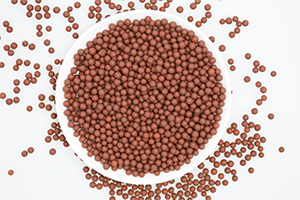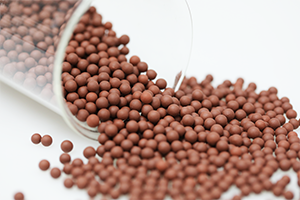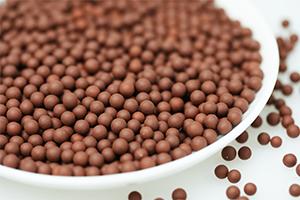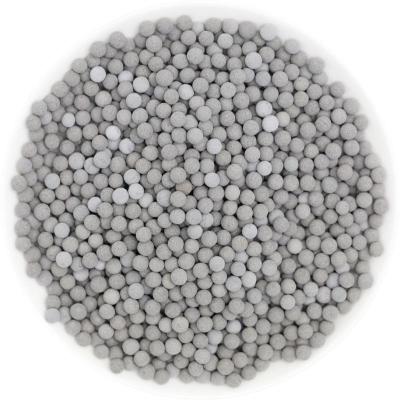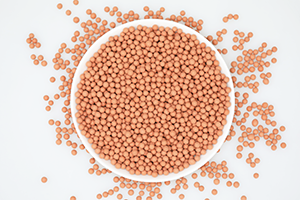Far Infrared Ceramic Ball
Features:
--Far infrared emissivity 0.95
--100% genuine far infrared natural stone
--Emit permanent far infrared ray
-- provides minerals
1. Description:
Far infrared ceramic balls are a type of ceramic material that are designed to emit far infrared rays. These balls are often used in water filtration systems, showerheads, and various other applications. Far infrared rays are a form of electromagnetic radiation with longer wavelengths than visible light.
The ceramic balls are typically made from a mixture of various minerals and ceramic materials, such as tourmaline, silica, and clay. When water or air comes into contact with these ceramic balls, they are said to emit far infrared rays and release beneficial minerals into the surrounding environment.
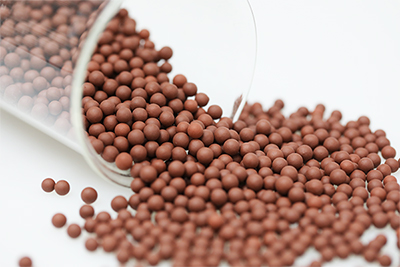
2. Far infrared ray ceramic ball parameter:
Diameter | 3mm~20mm |
Appearance | yellow brown color and white color spherical balls |
Material | Tourmaline, Crystal quartz, Titanium oxide, zirconium oxide, mineral clay etc |
Hardness % | 85~95 |
Compression N | >=40 |
Specific Area cm2/g | >0.5*10^4 |
Specific Density g/cm3 | 1.3~1.55 |
Bulk Density | 0.74~0.78 |
Peak width at half height (Hz) | 40~64.5 |
Far-infrared emission rate (%) | 90 |
Far-infrared wavelengths (um) | 4~14 |
Far-infrared bacteriostatic rate(%) | 78.9 |
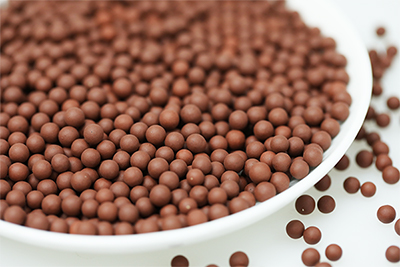
3. Function:
Far infrared ceramic balls work in water by interacting with the water molecules and potentially altering their structure and properties. Here's a general explanation of how they may function:
Far infrared radiation: Far infrared ceramic balls emit far infrared rays, which are a form of electromagnetic radiation with longer wavelengths than visible light. These rays have the ability to penetrate water and interact with the molecules.
Activation and restructuring: When the far infrared rays come into contact with water, they may activate and energize the water molecules. This activation process is believed to enhance the water's ability to hydrate and nourish cells.
Improved solubility: Far infrared ceramic balls are often associated with increased solubility of minerals and gases in water. This means that minerals present in the water, such as calcium and magnesium, may become more readily dissolved and available for absorption by the body.
pH adjustment: Certain types of ceramic balls are designed to regulate the pH balance of water. They can increase the alkalinity of water, potentially making it less acidic and more balanced.
Filtration and adsorption: Some ceramic balls have adsorptive properties, which means they can attract and bind certain impurities, contaminants, or odorous compounds present in the water. This can help improve the overall water quality by removing or reducing these substances.
4.Application:
